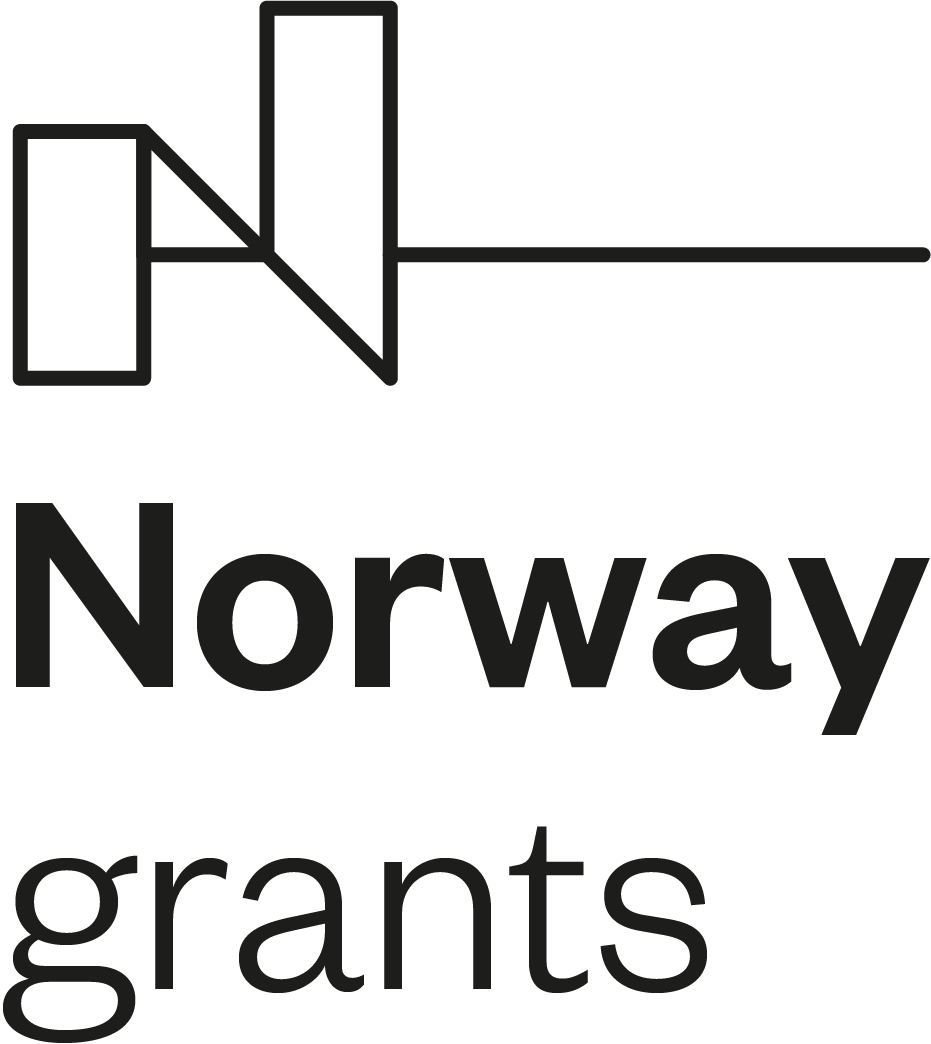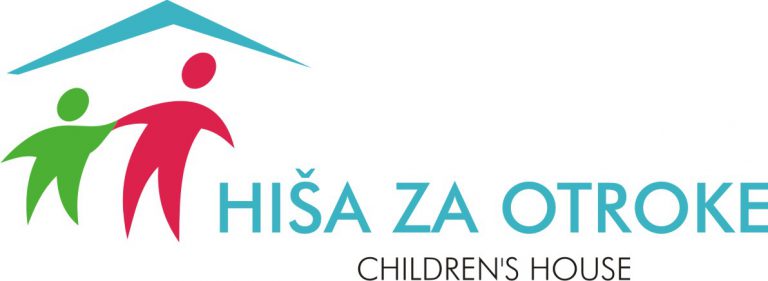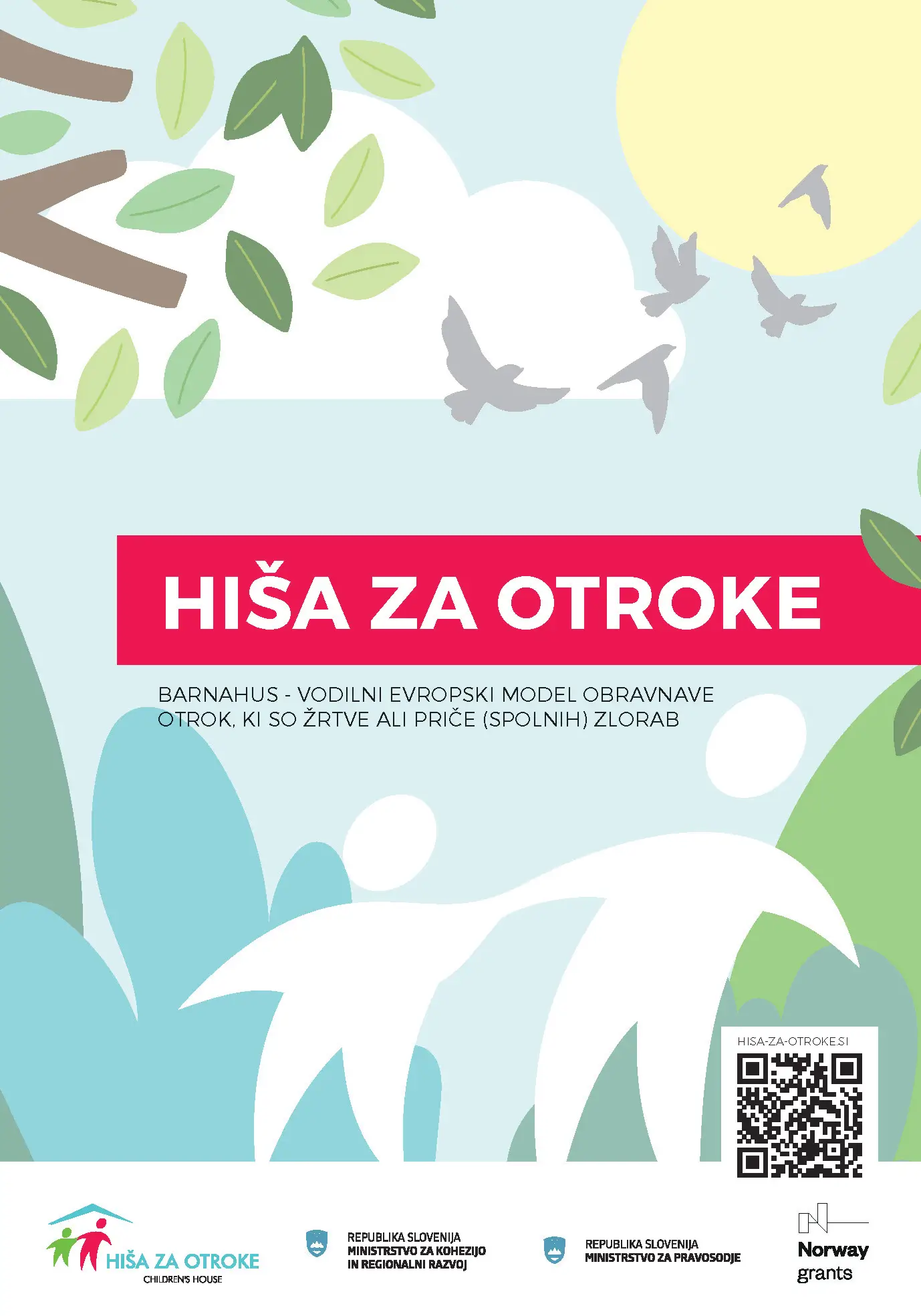What is Barnahus?
The Barnahus (Icelandic for "house for children") model is the leading European model for the treatment of child victims of sexual abuse.
The unique multidisciplinary and inter-institutional approach brings together all relevant activities of the criminal justice process under one roof, thus preventing the re-victimisation of children.
It is sometimes believed that Barnahus is a place where children stay, but that is not the case.
What is the Barnahus Model? The Barnahus Model is the leading model for child-friendly, multidisciplinary and inter-institutional treatment of children, witnesses and victims of sexual violence.
Different types of multidisciplinary and inter-institutional services and Barnahus Centres have emerged in different national contexts. Their modus operandi depends on the legal system, social structure, culture and professional practices. In many countries, the multidisciplinary and inter-institutional services have gradually evolved to cover more areas and be more efficient. The term Barnahus Centre or multidisciplinary and inter-institutional service for child witnesses or victims of violence usually refers to a child-friendly and safe environment that brings together several victim services under one roof, in a coordinated and efficient manner. This prevents re-traumatisation during the investigation process and the court proceedings. The central objective is to coordinate parallel criminal and child protection proceedings. The key role of the service is to gather valid evidence that can be used in court proceedings by encouraging the child to participate in the interview and thus obtain the necessary information from him or her. The child also receives help and support, including medical assessment and care, mental health assessment and therapy.
Key common criteria for the Barnahus Model:
- Forensic interviews are conducted according to an evidence-based protocol.
- The child's statement is obtained in a way that is consistent with the principle of the due process of law and can therefore be used as evidence in court.
- A medical assessment is carried out for the purposes of the forensic investigation, at the same time as the child's physical condition is checked and appropriate medical care provided.
- Psychological support and short- and longer-term programmes providing therapeutic services are available to the child and to family members who are not suspected of abuse, as well as to the carers, to help them overcome the mental trauma they have experienced.
- An assessment is made as to whether the victim and any siblings need to be protected from family members.
Factors essential for the establishment and functioning of the Barnahus Model or a similar multidisciplinary and inter-institutional service
Strong political will, the adequate participation of interested parties and the efforts of Barnahus supporters to promote change are prerequisites for the establishment and effective functioning of specialised centres following the Barnahus Model, i.e. they are the foundation for the establishment of related multidisciplinary and inter-institutional services. Further requirements include an appropriate legal environment, sufficient and permanent resources, an adequate number of qualified experts, the support and awareness of society and effective inter-institutional cooperation. International and European legislation and guidelines provide important foundations and opportunities for aligning national laws, policies and practices with children's rights to protection from violence and child-friendly justice and assistance. In this respect, ensuring the effective implementation of the Lanzarote Convention and relevant EU Directives is of key importance. At national level, there is often a lack of detailed provisions and mechanisms for specific safeguards, such as provisions on child interview procedures, coordination, information exchange and joint planning, which are prerequisites for ensuring child-friendly and effective inter-institutional treatment.
The project is co-financed by Norway through the Norwegian Financial Mechanism and by the European Union through the Structural Reform Support Programme in cooperation with the European Commission's Directorate-General for Structural Reform Support (DG REFORM). It is implemented in close cooperation with the Ministry of Justice of the Republic of Slovenia. The Project Steering Committee is composed of members of the Inter-Ministerial Working Group for the implementation of the "Children's House" project (appointed by a Government decision in 2017), which includes representatives of:
- the Ministry of Justice,
- the Ministry of Labour, Family, Social Affairs and Equal Opportunities,
- the Ministry of the Interior,
- the Ministry of Health,
- the Office of the State Prosecutor General,
- the Ministry of Education, Science, and Sport,
- the Supreme Court,
- the Human Rights Ombudsmen,
- the Association of Social Work Centres of Slovenia,
- the Counselling Centre for Children, Adolescents and Parents Ljubljana, and
- the "SOS telefon" helpline.
For more detailed information, please refer to the Council of Europe leaflet: https://rm.coe.int/zascita-otrok-pred-spolnim-izkoriscanjem-otrokom-prijazna-multidiscipl/16808acd37
The key role is to coordinate
the parallel
criminal and
child welfare investigations
BARNAHUS/MDIA SERVICE TEAM - STAFF
Coordination of interagency collaboration, planning and case management;
Evaluation and development of the mission and activities of the Barnahus;
Management and oversight of the implementation of guidelines and routines;
Elaboration of annual narrative and financial reports of the MDIA service’s activity;
Collection and analysis of data and statistics;
External competence building.
MEDICAL EXAMINATION –
specialised medical staff
including paediatricians with specific training in forensic medical examination and paediatric nurses
• Responsible for medical and/or forensic medical evaluations and treatment
• Actively engages in interagency collaboration, planning and case management
ASSESSMENT, THERAPY AND SUPPORT – specialised mental health professionals/ child and adolescent psychiatry
• Responsible for mental health assessment and treatment
• Provides crisis support
• Actively engages in interagency collaboration, planning and case management
FORENSIC INTERVIEWS – professionals specialized in forensic interviews (e.g. police, mental health professionals) Court testimonies:
• Responsible for obtaining the child´s testimony under the auspice of a court judge and under observation of the defence, the prosecution, the police, the local child protection and the child´s legal advocate
• Mediates questions from the judge, the defence and others as appropriate obrambe in drugih;
• Testimonies are recorded for use during court hearing if indictment is made
Exploratory interviews:
• Eliciting the child´s narrative if possible in cases where disclosure is absent or ambiguous
• Obtaining the child´s testimony in cases where the suspected offender is below the age of criminal responsibility
CHILD PROTECTION – social services and/or child protection agency
• Responsible for child protection assessment and acute risk assessment
• Responsible for information to child and parents/caregivers;
• Responsible for follow-up with child and parents/caregivers
• Observes forensic interview
• Actively engages in interagency collaboration, planning and case management
OFFERS A CHILD-FRIENDLY ENVIRONMENT WHERE ALL SERVICES ARE UNDER ONE ROOF.
FORMALLY EMBEDDED IN A NATIONAL OR LOCAL STRUCTURE
(e.g. judicial system, social protection, health system)
THE INTERAGENCY COLLABORATION IS GOVERNED BY NATIONAL PROCEDURES AND FORMAL
INTERAGENCY AGREEMENTS. FINANCED WITH PUBLIC FUNDING
The participating agencies contribute to the costs for the Barnahus, including for their own staff
and equipment. External funding could be secured for set-up and initial operation and phased out
gradually to be replaced by sustained public funding.




